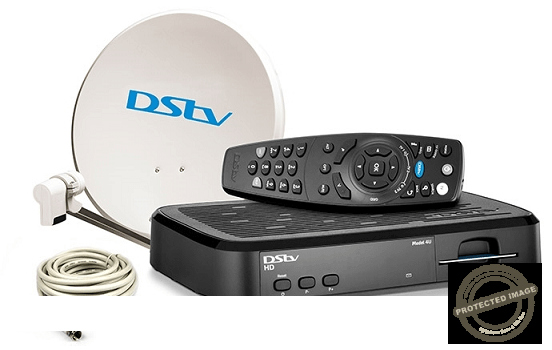“Why I haven’t renew my DStv subscription since May 2024 — Lagos resident speaks

dstv-split-bill-feature-explained
Amid Nigeria’s deepening cost-of-living crisis, many citizens are cutting back on previously routine expenses—including access to cable television. For Mr. Kunle, a Lagos-based resident, the decision to stop subscribing to his DStv decoder since May 2024 was both economic and symbolic.
As prices of goods and services continue to soar, the once-standard household utility has become a luxury many Nigerians can no longer justify.
“The repeated increase in DStv subscription prices, which the company attributes to rising operational costs, has negatively affected the average Nigerian consumer. Most people earn so little that they can no longer afford the country’s leading cable TV service. This has forced many to resort to watching live football matches at viewing centers, open bars, hotels, and sports betting shops as a way to cut costs while still enjoying the games. As for the movies offered on DStv, a lot of viewers have shifted to platforms like YouTube and Netflix, where they can access newer, up-to-date releases at a more affordable rate,” he told Crisp Nigeria.
His statement captures the mood of millions across the country who are shifting away from traditional satellite TV subscriptions due to rising inflation, job uncertainty, and the growing appeal of streaming platforms offering more flexibility and affordability.
DStv Subscription Decline Reflects a Larger Trend
MultiChoice, the parent company of DStv and GOtv, has in recent months implemented multiple price hikes on its various packages across Africa, with Nigeria being one of the most impacted markets. In April 2024, the company announced another upward review of subscription fees, citing “increased cost of business operations” amid naira devaluation and electricity tariffs.
This move triggered widespread backlash, especially as many Nigerians are already struggling with food inflation, transportation costs, and school fees. Social media has been flooded with screenshots of cancelled auto-renewals, complaints, and calls for a boycott of cable services.
Streaming Services Overtaking Traditional TV
Okezie Omorogie, a sports analyst and tech enthusiast, argues that the shift away from satellite television is more than just about affordability—it’s about evolving consumer habits in the digital age.
“Based on my observations, the media dynamics is changing. Many people don’t see the need for DStv decoder anymore, it’s like using Motorola phone in 2025, people just prefer streaming platforms. I have visited homes not like family homes but something young and single kind and the TVs are either there for content creation or to watch movies on Netflix and Prime,” he said.
“I am not saying that TV stations or satellite TV will vanish, I mean TVs will still be here even for another century but the purpose of been the source of news and entertainment is leaving their hands.”
His observations echo a growing reality: from Netflix and Amazon Prime to YouTube, Showmax, and even TikTok, audiences now gravitate toward on-demand, personalized content—a sharp contrast to the rigid schedule of traditional pay TV.
Football Fans Turn to Viewing Centres and Bars
For football lovers like Mr. Kunle, the live match experience is too important to give up completely—but watching from home has become unsustainable. Many now gather at local viewing centers, sports bars, and betting shops to enjoy live Premier League and Champions League games without having to pay personal subscription fees.
These communal venues are seeing renewed patronage, especially during major match days, as they serve as cost-effective alternatives for fans who cannot keep up with the monthly costs of DStv’s SuperSport packages.
What’s the Future of DStv in Nigeria?
While MultiChoice remains a market leader, the ongoing exodus of subscribers may signal the need for more flexible pricing models, localised content, or digital migration. Unless strategies are adjusted to match the financial realities of the average Nigerian and the rising appetite for streaming, DStv could continue losing relevance among younger and cost-conscious audiences.
READ ALSO
Explainer: Why MultiChoice keeps increasing DStv and GOtv prices in Nigeria
MultiChoice in crisis: Price cuts, subscriber exodus, and the battle for relevance
MultiChoice, MTN Group… top 10 African businesses owned by South Africans
10 things MultiChoice can do amid rising subscriber loss
MultiChoice history: From Pay‑TV pioneer to facing digital disruption
MultiChoice cuts DStv decoder price by 50% to attract subscribers
MultiChoice 50% price cuts: Has Satellite TV era come to an end?
John Ugbe, other top MultiChoice executives set to be arraigned, see reason
From over N15k to N12k — how MultiChoice reversed DStv, Gotv prices after backlash
Full list: Multichoice increases DStv, GOtv subscription prices… see new rates

